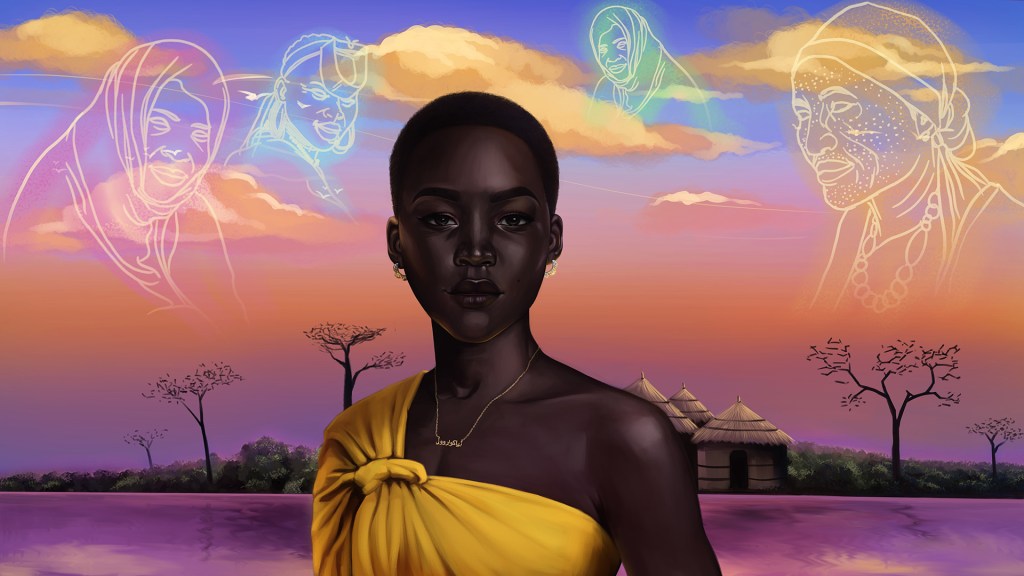
What does it mean when a woman keeps her last name in marriage? Is this a protest against patriarchy? A radical act of self love and self preservation? Is it normal?
In my culture, a woman retaining her last name is so normal, it is never really explored. But how do Nuer women behave when they live in places where this norm is not the standard. As I have gotten older I have become more curious about the concept of marriage and what it means to have your partner’s last name. I asked my mother more questions about her decision to keep her last name and where that comes from. I was curious to know why is it so important for my mother and the women in my tribe to keep their last names. I have learned that power dynamics in a relationship, and specifically in marriage are different for every culture in the world.
My mother said, “Keeping my last name even in marriage is a way for me to honour my family and to also honour myself.” She believes that even in marriage, that as a woman she is and will always be an individual and have her own identity. And that even in marriage, that should not mean that you lose your identity and the life you had or change who you were before you got married. In regards to my tribe, the importance of keeping your last name is due to managing oral history, and being able to tell where someone comes from or who their family is.
Women keep their family name “to identify a person, the given name is followed by the name of the father, since the Nuer consider kinship through the father’s line very important. Women do not change their names when they marry.”(Nuer, 2020) This is important for cases where, if someone wants to know who they are related to or which town they come from, this can be found based on your family name. Whereas if you were to solely identify with your partner’s last name, there is no trace of your family and where you came from. So for my tribe, women keeping their last name is a way for their identity and family history to not be erased. It is a reminder to themselves and their partner that even in marriage, that the same person they were when they decided to create this union will still be the same person who will decide to not continue a union with someone. They are not any one else’s property. Marriage to my tribe is a privilege, and a privilege that can be revoked at any moment that the woman feels a line or boundary has been crossed. The power that comes with owning our name is also tied to the self worth my tribe has for themselves, that regardless of the union, the woman is still an individual and not simply someone’s other half—they are their own person before they are someone’s wife or life partner.


